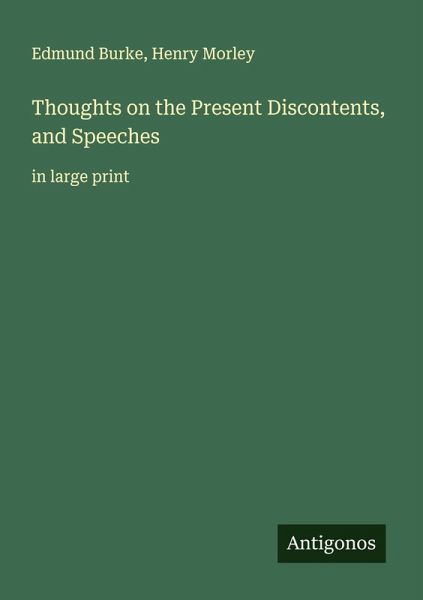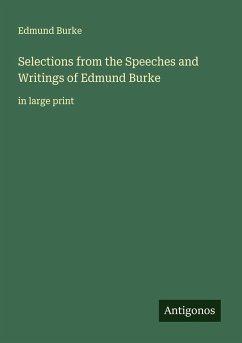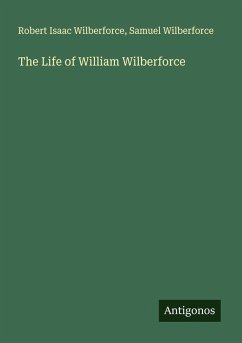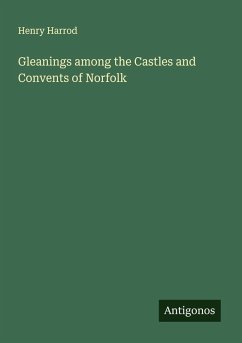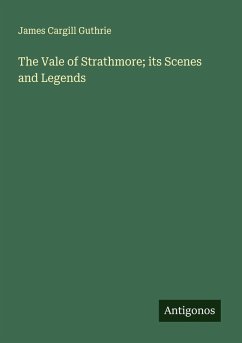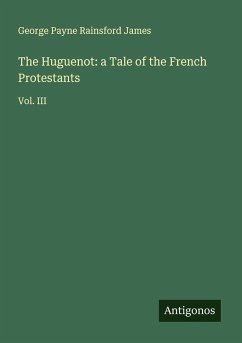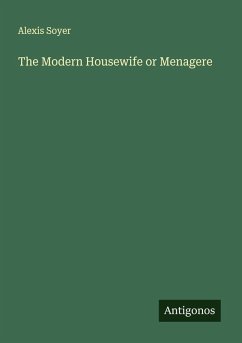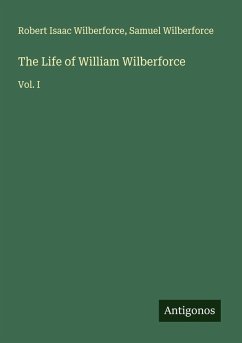Edmund Burke (1729-1797), a prominent Anglo-Irish statesman, author, orator, political theorist, and philosopher, is widely regarded as the father of modern conservatism. His literary and political work has profoundly influenced Western political thought and principles. Burke served in the British House of Commons and was a member of the Whig party, representing a liberal political ideology of his time. He was not a proponent of radical changes, preferring a more measured approach toward social and political evolution. In his seminal work, 'Thoughts on the Present Discontents, and Speeches' (1770), Burke offers a sharp critique of the British political system, highlighting the corrosive effects of factionalism and advocating for political parties based on shared principles. Rich in rhetorical flair and analytical depth, Burke's collection of speeches and pamphlets provide insightful commentary on the constitutional issues and parliamentary dynamics of his day. His work resonates with themes of tradition, the organic evolution of society, and the prudent exercise of government power. Burke's advocacy for the American colonies, opposition to the French Revolution, and his belief in the importance of moral order have contributed to his legacy as a pivotal figure in the development of conservative ideology. His writings remain a staple in the study of political philosophy, history, and literature, defining his contributions as enduring and seminal to the intellectual heritage of the West.
